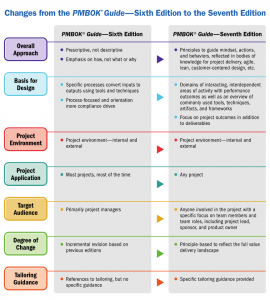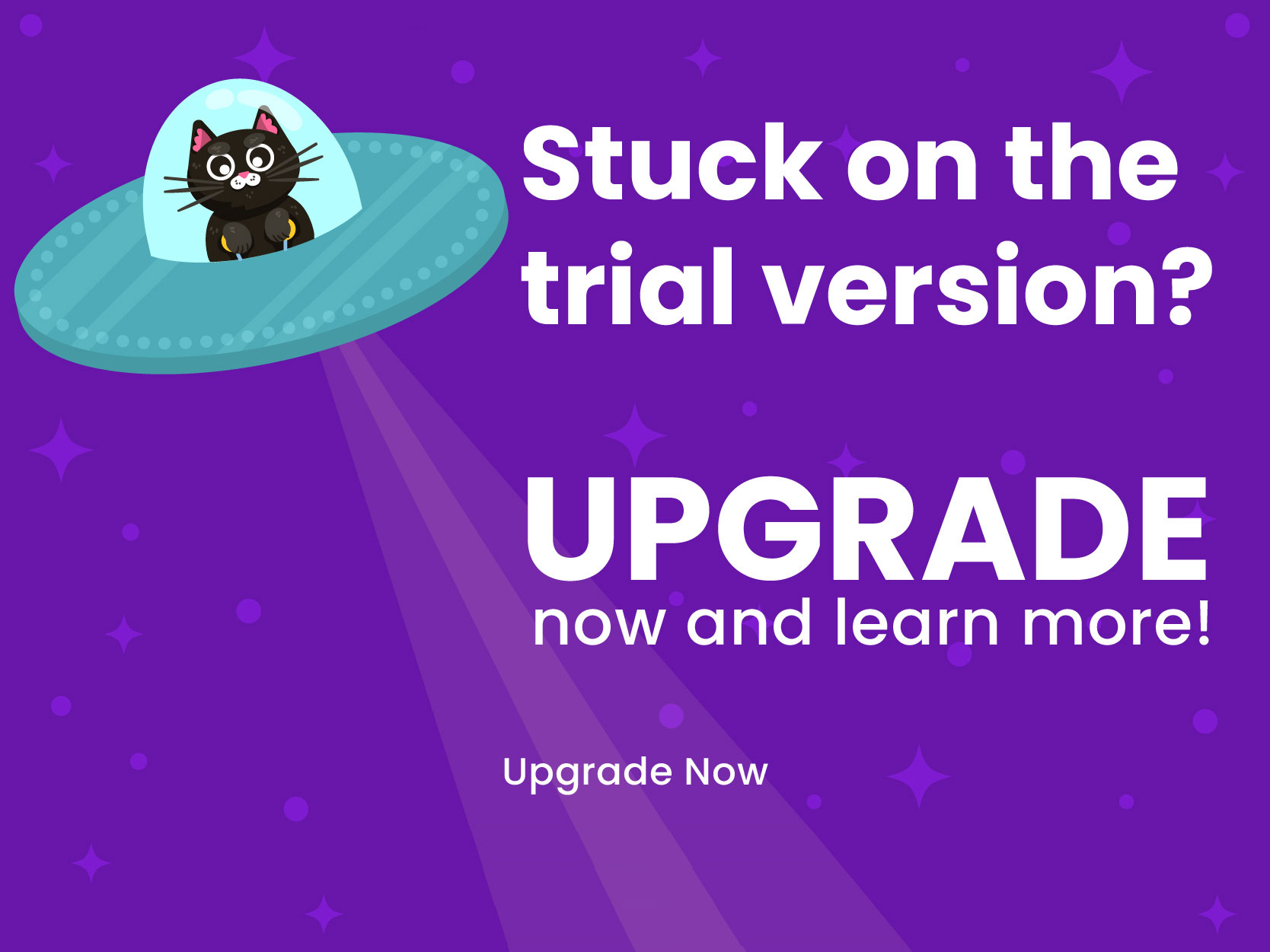PMBOK Guide 7th Edition – What We Know So Far

Not long after announcing changes to the PMP exam, everyone began wondering when the PMBOK Guide would follow suit.
Since 1996, A Guide to the Project Management Body of Knowledge (PMBOK® Guide) has been the go-to resource for project managers. In addition to being the PMP exam prep book, it encompasses a vast body of knowledge on effective project management.
Luckily, Project Management Institute (PMI) didn’t take too long. The new update will be available in both print and digital formats in August 2021.
The Need for a New PMBOK Guide
PMI releases a new guide every four years. That way, it can keep up with the evolution of project management methodologies, practices, and processes. Therefore, the release of the new guide comes as no surprise since the PMBOK® 6th edition was released in 2017.
Moreover, the PMBOK is one of the important study resources for preparing for the PMP certification exam. Therefore, it needs to be updated to reflect the new changes in the exam.
That said, the PMP exam won’t be based on the 7th edition right after the release. It may take until the first quarter of 2022 for this to take place.
What’s New in PMBOK 7
PMBOK 2021 flaunts three new changes. Through them, PMI ensures that its resource is more suitable for modern project management challenges.
1) Incorporation of New Project Management Approaches
Up till PMBOK 6, the guide focused on waterfall project management techniques. However, these have proven to be inefficient in today’s fast pace. Especially as product lifecycles are shorter and project or product requirements can change over time.
In addition to conventional methods, PMBOK 7th edition focuses on agile project management methods and approaches as well as hybrid methods. These methods have become widely adopted due to their benefits for organizations.
2) Shift from Process-Oriented to Principles Oriented Approach
This is the fundamental change in the PMBOK. From this edition, project management standards will be principle-based rather than process-based. Not only does this support the Agile paradigm, but it also marks a shift in scope. The focus now includes project outcomes in addition to project deliverables.
The Standard for Project Management highlights 12 principles which define the whats and whys of project management to achieve a strong project outcome. These are:
- Be a diligent, respectful, and caring steward
- Build a culture of accountability and respect
- Engage stakeholders to understand their interests and needs
- Focus on value
- Recognize and respond to systems’ interactions
- Motivate, influence, coach, and learn
- Tailor the delivery approach based on context
- Build quality into processes and results
- Address complexity using knowledge, experience, and learning
- Address opportunities and threats
- Be adaptable and resilient
- Enable change to achieve the envisioned future state
3) Introduction of the Value Delivery System
Another major change in the 7th edition is the Value Delivery System. This is a holistic system which ensures projects deliver business value. It also provides a good strategy that would help achieve the tangible and intangible benefits received by stakeholders.
The Value Delivery System comprises portfolios, programs, projects, and operations. It creates a smooth and predictive workflow and supports decision making.
This is possible by defining organizational strategies for identifying business objectives. These objectives are transformed into actionable initiatives which produce deliverables that increase an organization’s capabilities.
As a result, they produce outcomes and create benefits for customers and end users. As for the organization, it produces business value.
Main Changes to PMBOK 6 You Should Be Aware of
To complement the above additions, several updates were made to the 6th edition of the guide. PMI has summarized this effectively in this image.

Quickly going over each of these, here are the changes.
Shift of the Focus of the Standard for Project Management
The 6th edition focused on the process groups – Initiating, Planning, Executing, Monitoring & Controlling, and Closing.
The 7th edition will be focusing on Value Delivery System as well as the 12 Project Delivery Principles. The guide will also include tailoring methods as well as models, methods, and artifacts.
Change of PMBOK Structure
The guide’s structure is changing to reflect the latest updates and shift away from process-based project management. Whereas the 6th edition focused on the 10 knowledge areas, PMBOK 7 will focus on 8 performance domains –
- Team
- Stakeholders
- Life cycle
- Planning
- Navigating Uncertainty & Ambiguity
- Delivery
- Performance
- Project work
What PMBOK 7 Means for PMP Certification Candidates
If you’re planning to become a PMP certified professional in 2021, the new guide won’t make a difference in your exam preparations. However, you should consider reading it to update your knowledge on project management and earn PDUs.
Need help preparing for the exam? Check our schedule for upcoming PMP boot camps or contact our Training Advisors for corporate training of five or more employees.




